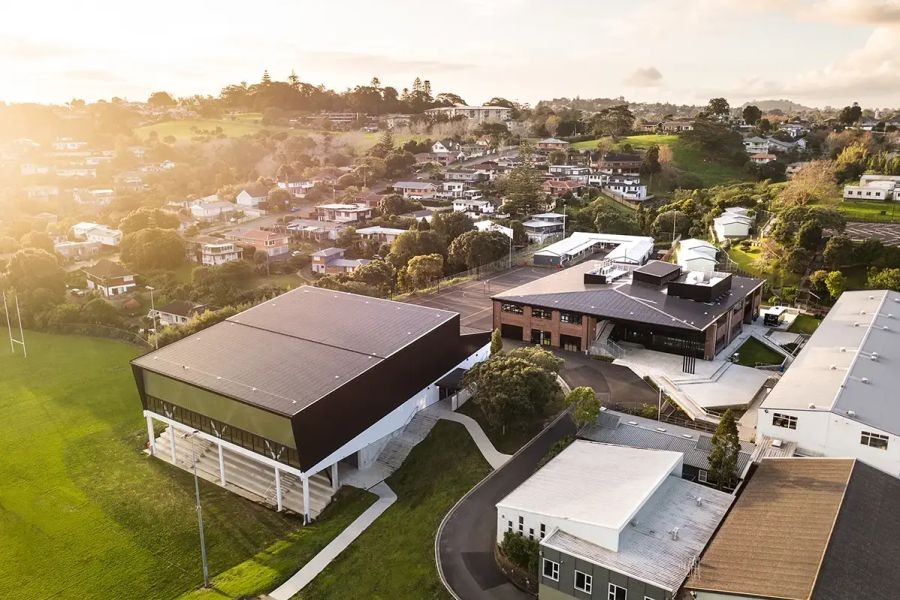The Australian startup ecosystem is on the brink of transformative changes as government policies evolve to foster innovation and global competitiveness. With the Australian Government's strategic interventions slated for 2026, the landscape for startups will be significantly reshaped, promising robust growth and unprecedented opportunities.
Understanding the Current Startup Ecosystem in Australia
Australia's startup ecosystem has been steadily growing, with Sydney and Melbourne emerging as key innovation hubs. According to Startup Genome, Sydney ranks among the top 30 global startup ecosystems, driven by sectors such as fintech, agtech, and health tech. In 2022, startups contributed approximately $10 billion to the Australian economy, a figure expected to triple by 2026.
Government Initiatives and Policies
Currently, the Australian Government supports startups through initiatives like the R&D Tax Incentive, which encourages investment in innovation. The Entrepreneurs’ Programme also provides grants for business growth and innovation. These programs are designed to enhance the competitiveness of Australian startups on a global scale.
Projected Policy Changes by 2026
Increased Funding and Investment
By 2026, the Australian Government is expected to increase funding for startups through expanded grants and venture capital initiatives. The National Innovation and Science Agenda (NISA) aims to enhance support mechanisms, providing more accessible funding channels and tax incentives to attract both domestic and international investors.
- Boosting venture capital: The government plans to introduce policies that encourage venture capitalists to invest in high-risk startups, with a focus on deep tech and green technologies.
- Expanded Grant Programs: New grant programs will be launched to support startups in emerging sectors such as AI, renewable energy, and biotechnology.
Regulatory Reforms
Regulatory simplification is on the horizon, aiming to reduce the bureaucratic burden on startups. The Australian Competition & Consumer Commission (ACCC) is expected to streamline compliance processes, making it easier for startups to navigate legal requirements and scale operations efficiently.
Furthermore, intellectual property laws will likely be revised to offer better protection for innovative ideas, encouraging more entrepreneurs to bring their concepts to market without fear of infringement.
Case Study: Canva's Rise to Global Prominence
Problem: Canva, an Australian graphic design platform, initially struggled with global expansion due to limited funding and market reach.
Action: Leveraging government grants and participating in accelerator programs, Canva expanded its operations, focusing on enhancing its product offerings and scaling internationally.
Result: Canva achieved a valuation of over $40 billion by 2023, becoming a global leader in design tools.
Takeaway: This case underscores the importance of government support in propelling startups to international success.
Economic Impacts of Startup Policy Changes
According to the Australian Bureau of Statistics (ABS), startups are expected to create over 100,000 new jobs by 2026, significantly contributing to economic growth. The Reserve Bank of Australia (RBA) predicts that these policy shifts will increase the GDP by 1.5% annually, enhancing Australia's position as a global innovation leader.
Financial Metrics to Watch
- Revenue Growth: Startups leveraging new policies could see revenue growth rates of up to 35% annually.
- Investment Returns: With increased venture capital, investors might experience ROI improvements of 20% or more.
Challenges and Risks
While these policies offer significant opportunities, startups may face challenges such as increased competition and the need for rapid adaptation to technological advancements. Ethical concerns around data privacy and AI usage will also need to be addressed.
Myth vs. Reality
Myth: "Government policies only benefit large corporations."
Reality: In reality, these policies are tailored to support startups, providing them with the necessary resources to compete on a global scale.
Future Trends and Predictions
By 2026, Australia's startup ecosystem will be heavily influenced by AI and green technology innovations. The adoption of blockchain and IoT is expected to drive new business models, offering startups unique opportunities to disrupt traditional industries.
Experts predict that by 2030, 70% of startups in Australia will integrate AI in their operations, significantly improving efficiency and customer engagement.
Conclusion
The Australian Government's proactive approach to supporting startups will undoubtedly catalyze a new era of innovation and economic prosperity. By fostering a conducive environment for startups, Australia is poised to become a global leader in entrepreneurial growth and technological advancement.
Are you ready to take advantage of these upcoming changes? Share your thoughts and join the conversation on how these policies could shape your business strategy.
People Also Ask
- How do the new startup policies affect Australian businesses? The policies promise increased funding, streamlined regulations, and enhanced innovation support, driving growth and competitiveness.
- What are the main challenges for startups in Australia? Competition, technological adaptation, and ethical concerns around data privacy are key challenges.
- What sectors will benefit the most from these policy changes? AI, renewable energy, and blockchain sectors are expected to benefit significantly from the new policies.
Related Search Queries
- Australian startup policies 2026
- Government grants for startups in Australia
- Impact of new regulations on Australian startups
- venture capital trends in Australia
- Future of AI in Australian startups






























CristineEt
2 months ago